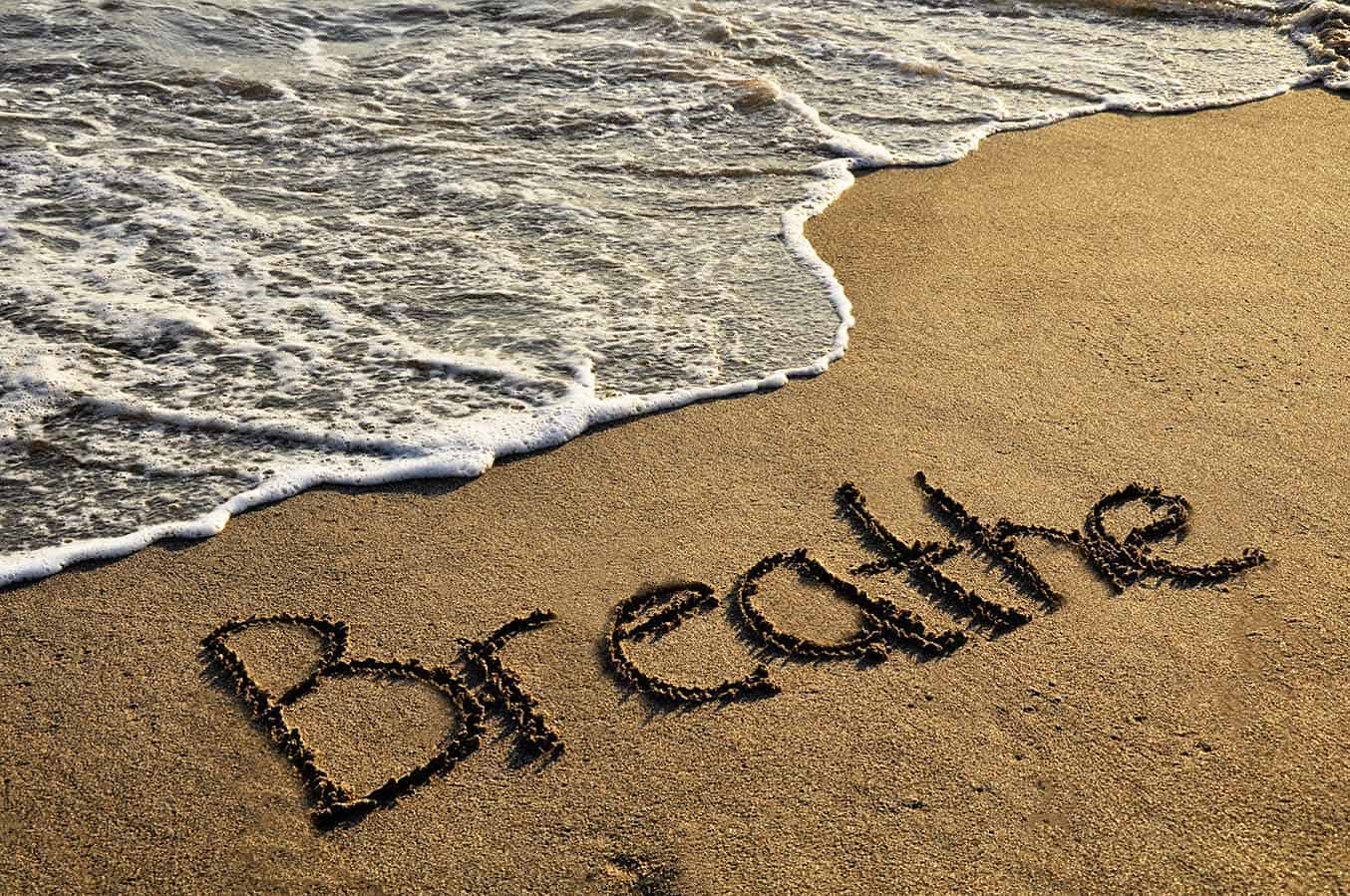When four call bells are ringing, IV antibiotics need to be administered stat while another patient urgently needs their catheter emptied – it can all get too much. Stress levels rise causing you to get flustered, which does nothing to help manage your patient load.
So what can you do instantly to take control? Simply Breath!
According to scientific studies by deliberately changing your breathing can help to manage stress and stress-related conditions.
When a person is under stress, their breathing pattern typically changes. An anxious person takes small, shallow breaths, using their shoulders rather than their diaphragm to move air in and out of their lungs. This style of breathing disrupts the balance of gases in the body.
Shallow over-breathing, or hyperventilation, can prolong feelings of anxiety by making the physical symptoms of stress worse. Controlling your breathing can help to improve some of these symptoms.
Controlled breathing can cause physiological changes that include:
- lowered blood pressure and heart rate;
- reduced levels of stress hormones in the blood;
- reduced lactic acid build-up in muscle tissue;
- balanced levels of oxygen and carbon dioxide in the blood;
- improved immune system functioning;
- increased physical energy; and
- increased feelings of calm and wellbeing.
Practice these Breathing techniques regularly to assist you to relax and feel in control
Slow Breathing Technique
- Stop what you are doing and sit down
- Hold your breath and count to 10
- When you count to 10 breathe out and say the word relax to your self in a calm and smooth manner.
- Breath in and out through your mouth, focus on your breathing. Breathe in for three seconds and out for three seconds. Repeat saying ‘relax’ to your self every time you breathe out.
- At the end of each minute hold your breath for 10 seconds and then continue the 6 second breathing cycle.
- Continue doing this breathing cycle until all your symptoms of over breathing are gone and you feel relaxed and back in control.
- (Brunero et al. 2006)
Reference
Brunero, S. Cowan, D. Garvey, A. 2006, Stress Management for Nurses. ANMF, New South Wales Nurses and Midwives Association (NSWNMA).








